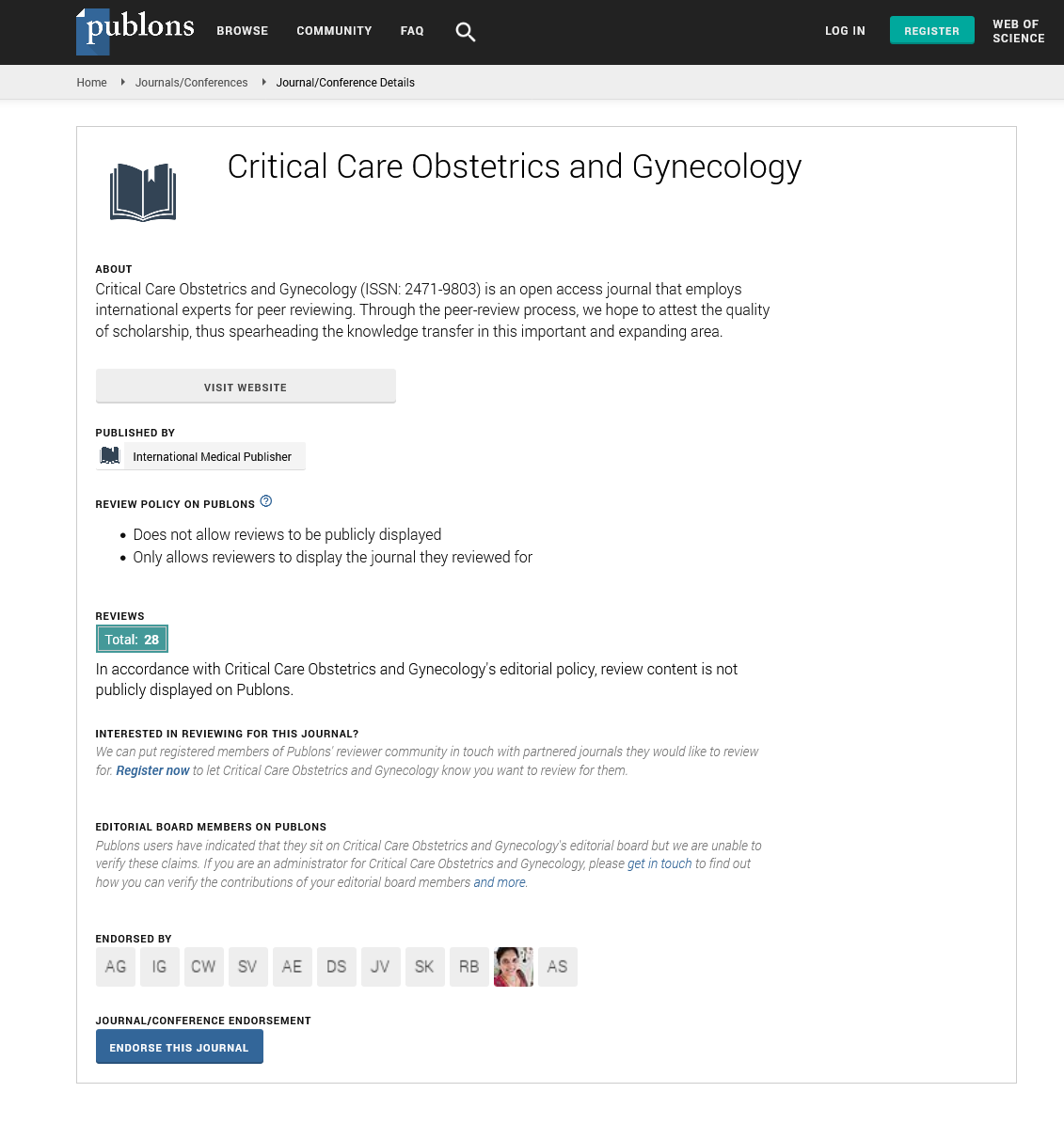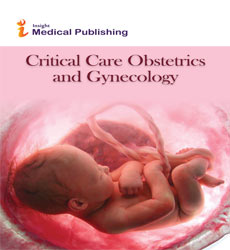Abstract
Laparoscopic Excision Ablation or Ablation Alone in Women with Endometrioma
Background: Effect of laparoscopic intervention in management of endometriomas could be associated with a deleterious effect on ovarian function.
Objective: To compare the effect of laparoscopic ablation excision and ablation alone in patients with unilateral mild to moderately sized endometrioma on Antral Follicle Count (AFC), ovarian volume, day 2 FSH (D2 FSH).
Method: Clinical randomized trial carried out on 62 patients was randomly allocated to,
Group A: 31 patients where combined laparoscopic excision/ablation,
Group B: 31 patients where laparoscopic ablation was done.
Primary outcomes: AFC, D2 FSH and ovarian volume.
Results: The range of age in both groups was 22-36 years, demographic data and endometrioma size were comparable, patients in group A was presented mainly by pain and secondary infertility while in group B, the main complaint was primary infertility. FSH showed statistically significant difference after 3 months (Median=5.85 versus 5, P value 0.004) and statistically significant difference found between both groups regarding AFC 6 months postoperative where the AFC decreased more in patients managed by ablation alone. Also, statistical significant difference found between groups regarding volume of ipsilateral ovary 6 months post-operative where the volume decreased more in patients managed by ablation (Median=11 versus 6.25 cm3, P value 0.003), no statistical significant difference found between the two studied groups regarding pregnancy or recurrence rate 3 and 6 months post-operative.
Conclusion: Both laparoscopic excision ablation or ablation alone for management of unilateral endometrioma ≤ 5 cm decreased ovarian volume of ipsilateral ovary and improved serum FSH level but slightly increased AFC. Ablation alone had more negative impact on ovarian volume and AFC.
Author(s):
Nahed Ezzat Allam, Taiseer Maarouf Mohamed and Eman Ibrahiem Ahmed
Abstract | Full-Text | PDF
Share this

Google scholar citation report
Citations : 148
Critical Care Obstetrics and Gynecology received 148 citations as per google scholar report
Critical Care Obstetrics and Gynecology peer review process verified at publons
Abstracted/Indexed in
- Google Scholar
- China National Knowledge Infrastructure (CNKI)
- WorldCat
- Publons
- Geneva Foundation for Medical Education and Research
- Secret Search Engine Labs
Open Access Journals
- Aquaculture & Veterinary Science
- Chemistry & Chemical Sciences
- Clinical Sciences
- Engineering
- General Science
- Genetics & Molecular Biology
- Health Care & Nursing
- Immunology & Microbiology
- Materials Science
- Mathematics & Physics
- Medical Sciences
- Neurology & Psychiatry
- Oncology & Cancer Science
- Pharmaceutical Sciences


